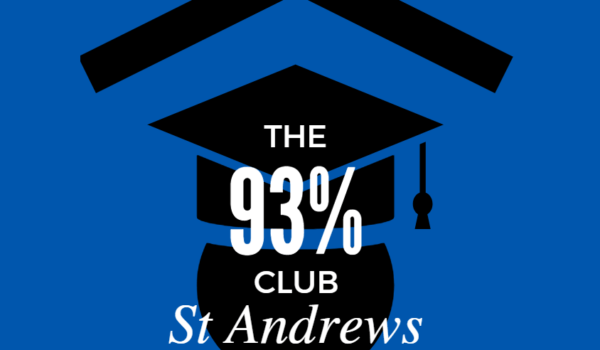In 2017, Edinburgh Council attempted to close down its most famous music school, and proposed further cuts to state schools music budgets. This was met with fury from hundreds of music teachers and pupils across the city, and prompting the Council to drop the proposals. Now, budget cuts have again been proposed that will halve the funding allocated to music education and schools will most likely see the number of pupils studying instruments fall dramatically. West Lothian have suggested cuts for all string and percussion instruments in order to save money in other sectors. While some pupils will be exempt, such as those given free school meals, it stands that more than half of those currently studying instrumental music will be sent the message that their musical education is irrelevant to the Council. It seems incredibly cynical that music education should be available on a means tested basis, in the way that school meals have been. According to the Scotsman, Edinburgh council must find savings of £28 million to cope with rising costs of services around the city, and while they say head teachers may allocate cuts to whichever departments they feel necessary, overwhelmingly musical sectors are taking more than their fair share. Music education in schools is crucially important and more cuts making it less accessible are unacceptable. It is unthinkably short-sighted to allow thousands of pupils to miss out on all the opportunities that could be afforded to them.
Having played piano since the age of 7, music has always been a huge part of my life. I was lucky enough to attend Boroughmuir High School, near the centre of Edinburgh, where the music department is incredibly prolific. Through school I was able to take percussion lessons and attend several choirs, bands and ensembles; to the extent that by the time I graduated, a barely spent a lunchtime away from the music department. Due to the percussion lessons I received from the school, I was able to be part of the Edinburgh Schools Rock Ensemble (ESRE), an experience allowing me to perform in various prestigious venues in Edinburgh, and travel to Newcastle to perform there. As a child I was painfully shy and lacking in confidence, and I really do attribute much of the self confidence, resilience and musical ability I feel that I have now to the friendship and support I received from the environment created by music teachers from my school and beyond.
‘Develop not dismantle’ is a widespread campaign in Scotland attempting to combat the erosion of music tuition in schools, backed by successful musicians including Nicola Benedetti, Paolo Nutini, and John Wallace, former head of the Royal Conservatoire of Scotland. Twenty two councils in Scotland have cut funding for instruments and begun to charge for instrument rental as well. While, as discussed, those considered to require bursaries for school lunches will be exempt from these charges, many students and parents would consider instrumental fees unnecessary expense. This attitude is exactly the reason the Council should encourage music education in schools. Creative industries should be applauded for the opportunities they offer students who find that ‘traditional’ vocations – medicine, law, accounting – are not attractive to them. On a more immediate level, music education has myriad benefits, including increased focus, improved reading and speaking skills and empathy for others.
Those interested in the countless assets attributed to music education should read the studies undertaken by the Royal Conservatory, which details further aspects of cognitive, academic and empathetic improvements.*
It seems utterly absurd that such incredibly positive experiences should be cut and made to seem less crucial than they are. The benefits of music tuition and the opportunities the experience can afford pupils are simply more important than the pitiful sums that could be saved from cuts to their funding.
*Edit: We were later presented with additional evidence of these assets in an article by Drumsandguitar.com








Comments